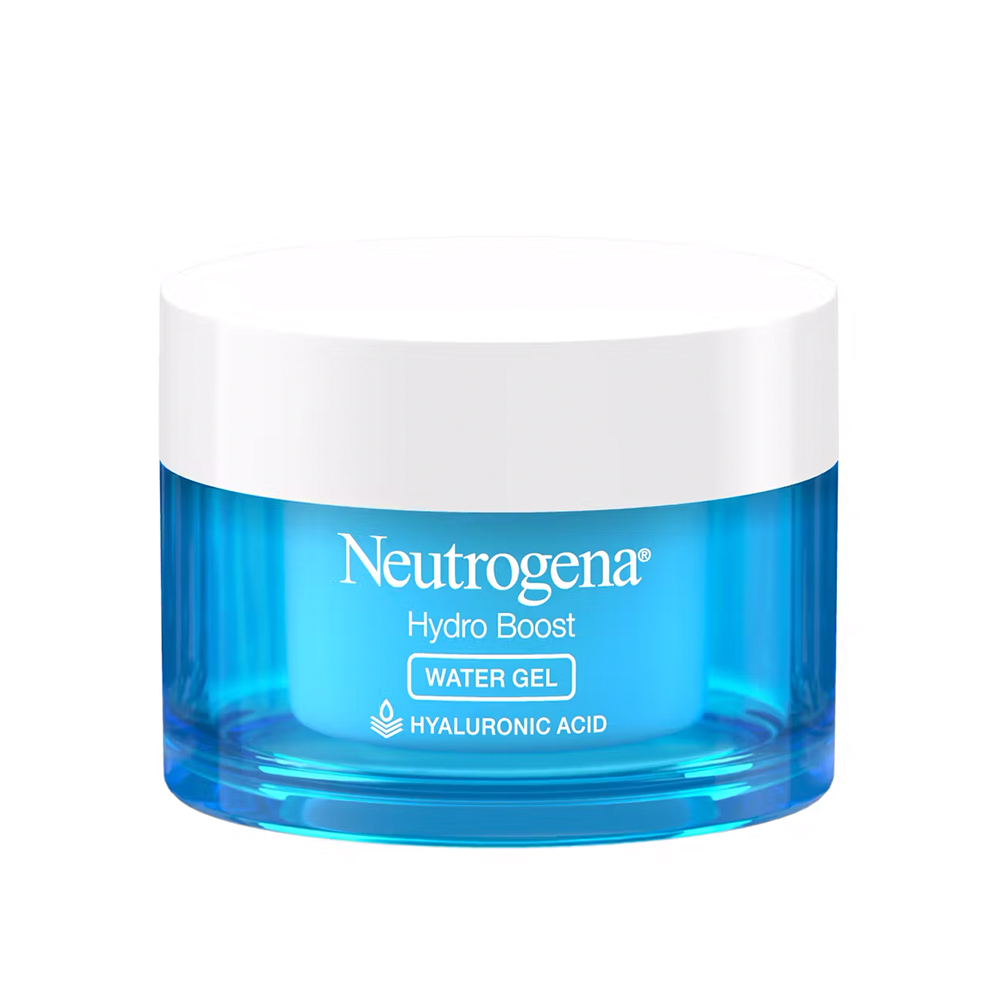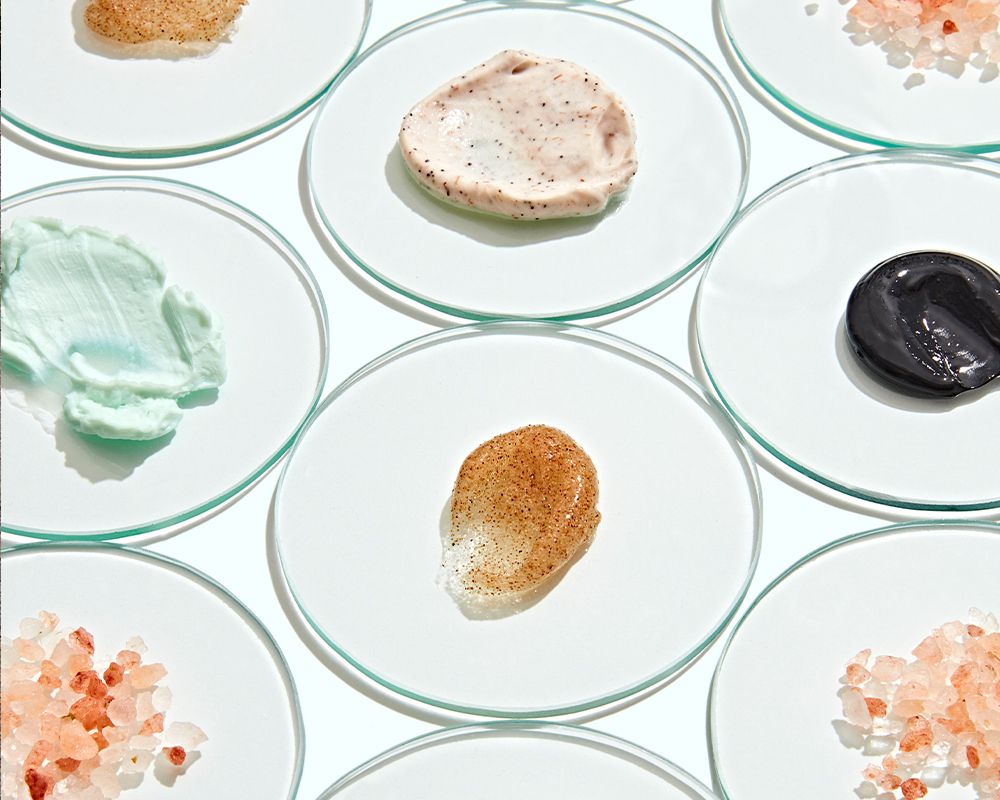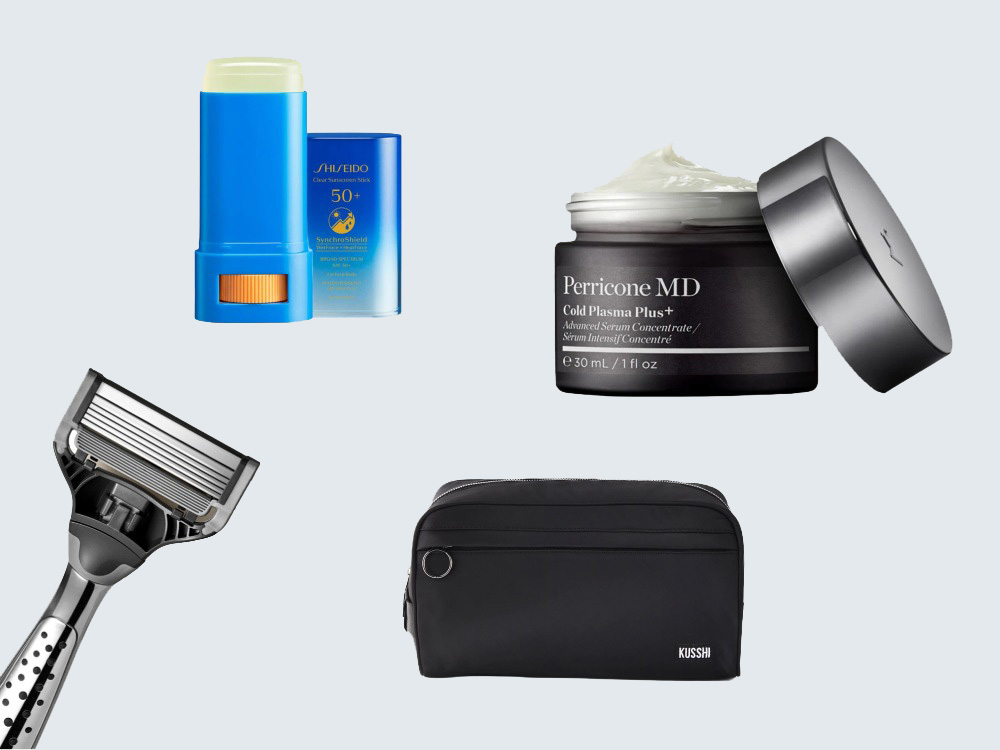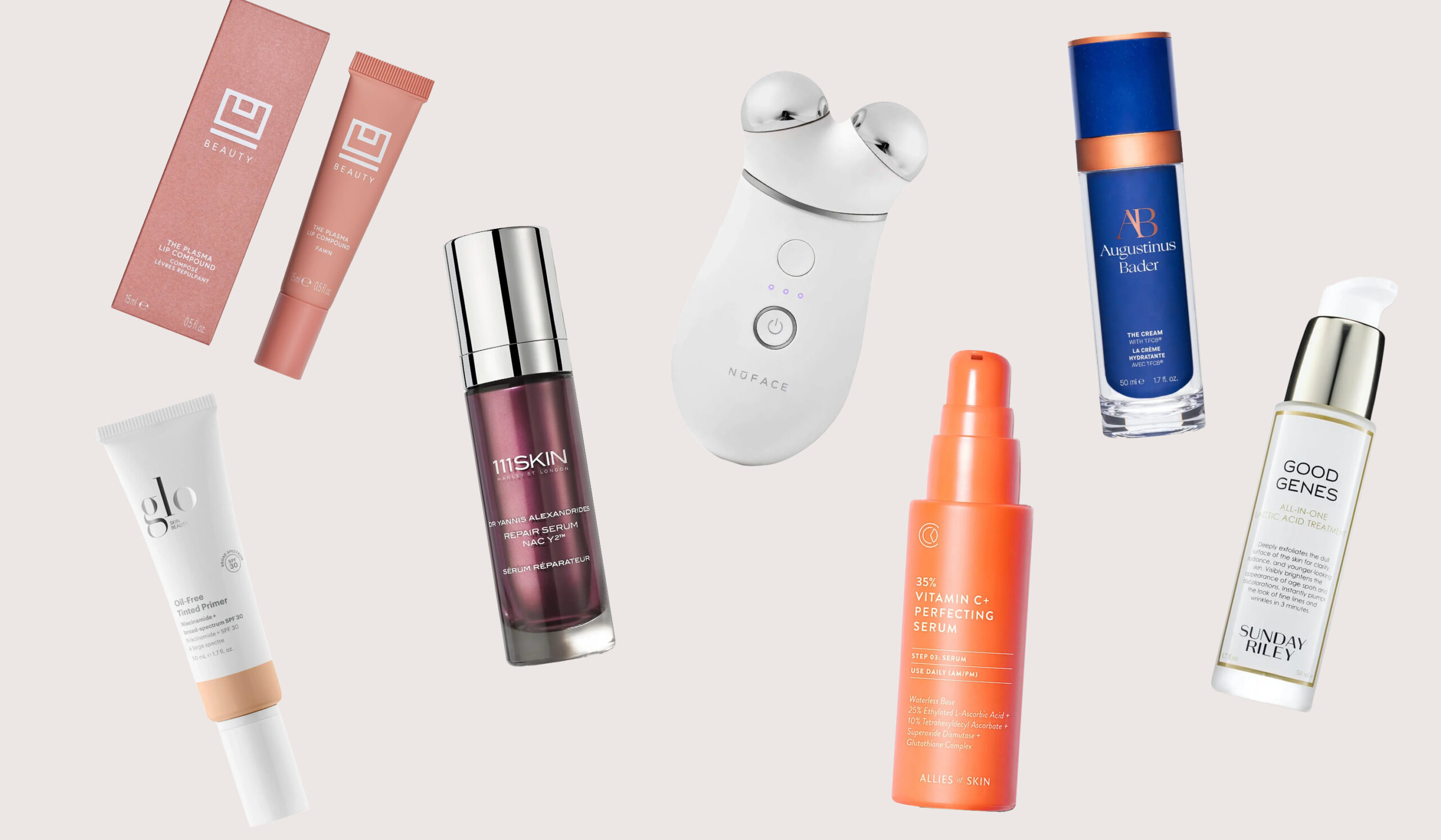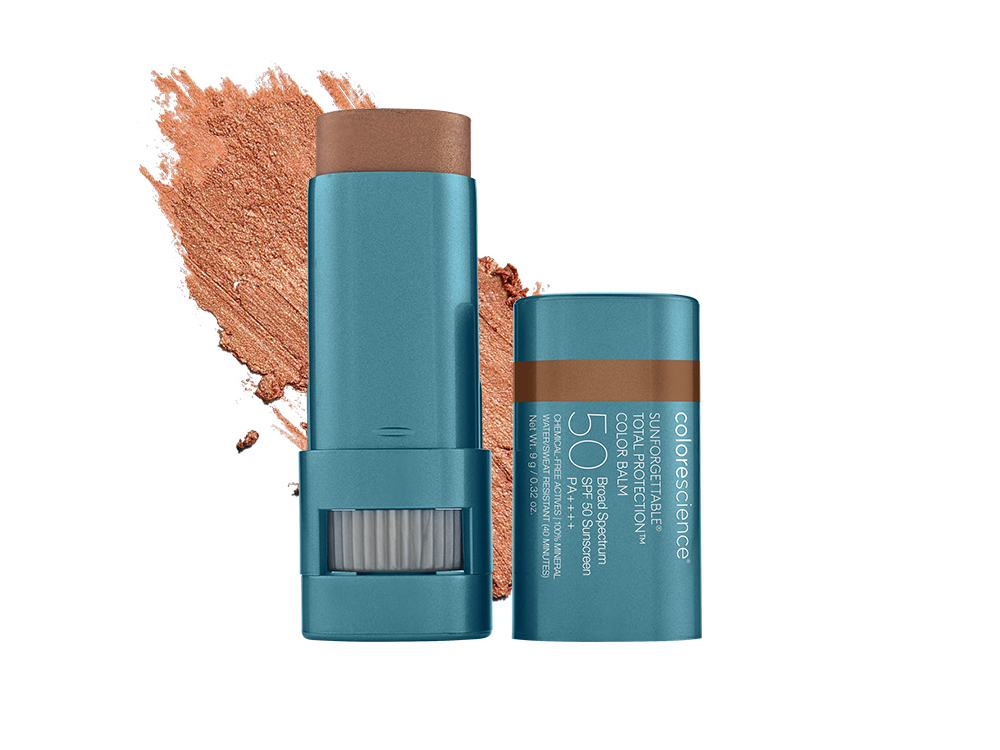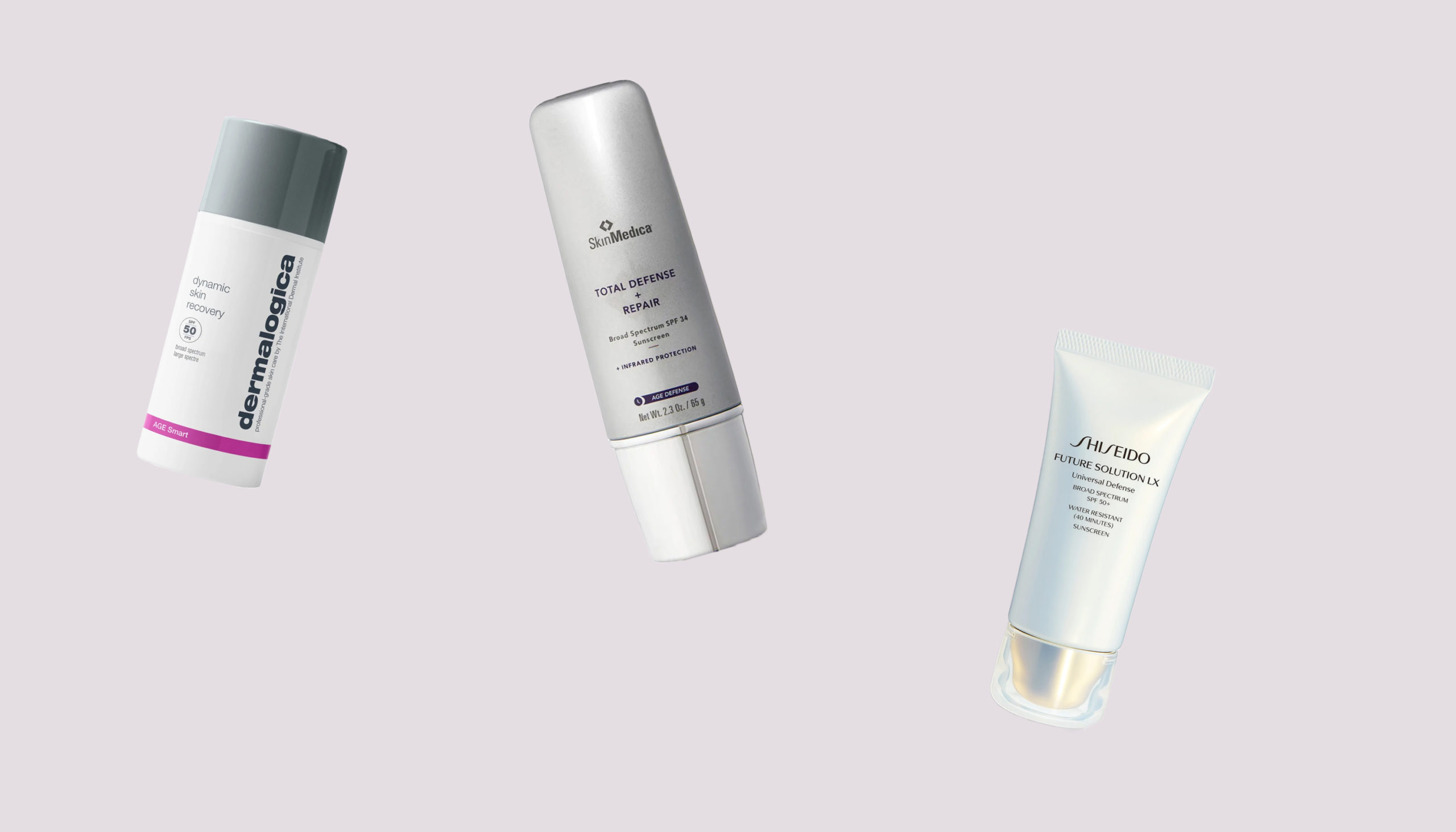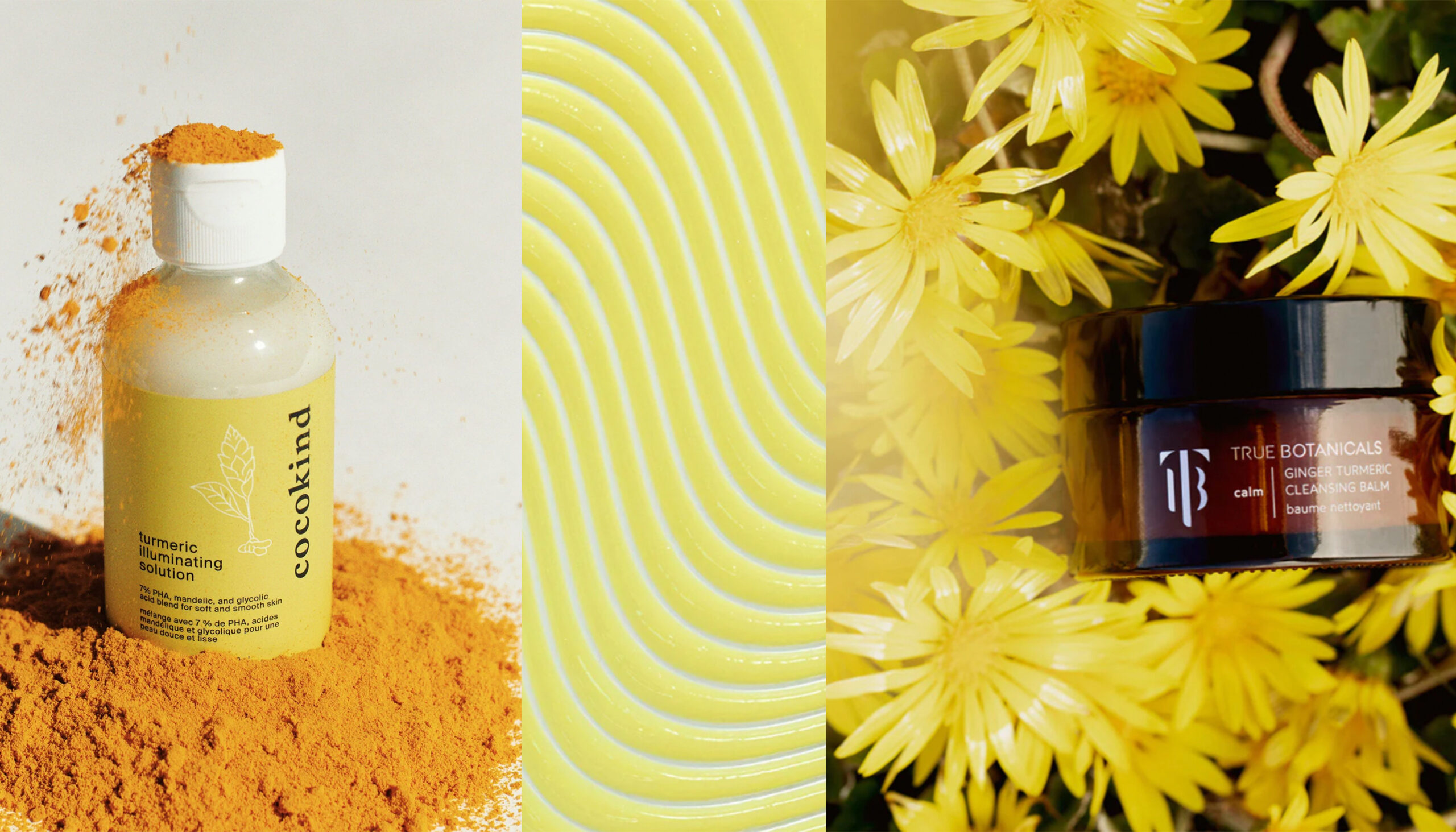- Featured experts
- What is hyaluronic acid?
- What are the benefits of hyaluronic acid?
- What are the disadvantages of hyaluronic acid?
- How should you use hyaluronic acid in your skin-care routine?
- Choosing the right hyaluronic acid product
- How to apply hyaluronic acid products for best results
- Hyaluronic acid products dermatologists love
Hyaluronic acid (HA) isn’t just a buzzy ingredient in skin-care products—it also plays a vital role in our bodies. It’s a polysaccharide, a sugar that cushions joints, keeps muscles limber and even helps us see. But above all, its biggest job is in the skin: Because hyaluronic acid is a humectant, it can attract and hold mega amounts of moisture, and thus, it’s a critical factor in maintaining the skin’s hydration levels. But there’s much more to it. Below, we break down all of the need-to-know details about hyaluronic acid, including more about what it is, its benefits, disadvantages and more.
Featured experts
- Dr. Kristina Collins is a board-certified dermatologist in Austin, TX
- Maya K. Thosani, MD is a board-certified dermatologist in Scottsdale, AZ
- Rhonda M. Davis is a cosmetic chemist with Alquemie Product Development Group
- Star Walsh is the former R&D manager of skincare at Johnson & Johnson
- Rahul Mehta, PhD, is the vice president of R&D at SkinMedica
- Debra T. Abell, MD is a board-certified dermatologist in Wexford, PA
- Chris Caires is the chief innovation officer of Perricone MD
What is hyaluronic acid?
“Hyaluronic acid is a natural substance that helps give support and scaffolding to the skin, hair, eyes and all connective tissues,” says Austin, TX dermatologist Kristina Collins, MD. “Hyaluronic acid is utilized in product formulas as a powerhouse skin-care ingredient that penetrates the skin easily due to its extremely small molecular size. Once inside the skin, it helps draw water in and serves as a great hydrator. Although acid is in the name of the ingredient, it is actually not an acid. It is a gentle and non-irritating compound made up of sugar molecules.”
Worth noting: Skin-care products containing hyaluronic acid won’t always have that name listed on the ingredient list. That’s because beauty brands often use the terms hyaluronic acid and sodium hyaluronate interchangeably despite being slightly different, says cosmetic chemist Rhonda M. Davis. “Sodium hyaluronate is the sodium salt form of HA and is a much smaller molecule,” she says. “Therefore, it’s able to penetrate the skin more easily, making it ideal because it can reach a deeper layer of skin. It also holds up to 1,000 times its weight in water and can reduce transepidermal water loss (TEWL).”
Hyaluronic acid molecules come in two different sizes: low molecular weight and high molecular weight. “High molecular weight HA is too large to penetrate the skin,” explains Davis, but that isn’t necessarily a bad thing. Even though it “stays on the outer layer of the epidermis,” it still moisturizes and lubricates the skin, she continues.
On the other hand, low molecular weight HA molecules can “penetrate the skin rapidly,” Davis adds, reaching its deeper layers to bind moisture and provide intense hydration. This temporarily plumps the skin, diminishing the appearance of fine lines and wrinkles on the surface.” Chris Caires, chief innovation officer of Perricone MD, notes that the most effective HA products combine both weights of hyaluronic acid in a single formulation, allowing for longer-lasting hydration across the entire layer of skin—and Davis agrees.
What are the benefits of hyaluronic acid?
Here’s why hyaluronic acid is almost always featured in skin-care products promising to flood your skin with moisture: it’s “one of the most hydrating ingredients on the market,” says Dr. Collins. When applied topically, it has a temporary plumping and smoothing effect, and with consistent use, it can hydrate dry skin. This is especially important as you age. “Unfortunately, between the ages of 40 and 50, our skin has lost as much as half of the HA it had at age 20,” says Rahul Mehta, PhD, vice president of R&D at SkinMedica. “Additionally, daily environmental stressors like UV rays and pollution, along with the normal aging process, cause skin to lose its capacity to produce its own HA, leading to dry skin with a rougher texture as well as fine lines and wrinkles.”
There are also hyaluronic acid fillers, which first came out in 2003 and come with their own slew of benefits. Doctors use them to juice up achy joints, as well as to make skin appear smoother and to add volume. Denser HA fillers, such as Restylane Lyft and Juvéderm Voluma, placed above the cheekbone, can help create the appearance of a moderately “lifted” face. Meanwhile, a softer HA filler, such as Belotero Balance, can be used to smooth etched-in wrinkles.
“Hyaluronic acid fillers offer the best of both worlds: They not only attract water and hydrate the skin but also restore volume while stimulating collagen production, which creates optimal results,” says Wexford, PA dermatologist Debra T. Abell, MD. Recent statistics echo this claim: According to the Aesthetic Society, more than 720,000 HA filler treatments were performed in the United States last year alone, and the number continues to grow.
What are the disadvantages of hyaluronic acid?
The dermatologists consulted for this piece unanimously agree that hyaluronic acid is safe and non-irritating for all skin types, meaning there are really no significant disadvantages. However, not everyone is a fan. Several people on Reddit have reported sensitivities when using HA products, but experts say that’s likely unrelated to HA itself.
“The only reason for this I can think of is that too much accumulation of high molecular weight HA on the skin’s surface can clog pores in some individuals,” says Dr. Mehta. “Another possible reason could be the presence of non-HA ingredients—such as preservatives or fragrances—in the formulation, which could have caused the irritation. If this does happen, use products that are noncomedogenic to keep pores decongested.”
How should you use hyaluronic acid in your skin-care routine?
Cosmetic chemists have had a long-term love affair with HA, adding it to creams, serums and more to pull moisture from the atmosphere and trap it in the skin. Board-certified dermatologists equally praise HA. “I love hyaluronic acid as an additive to any ingredients that people are using,” says Scottsdale, AZ dermatologist Maya K. Thosani, MD. She recommends reaping its hydrating benefits via moisturizers and serums, adding that it can provide balance when combined with potentially drying ingredients such as retinol or other acids like glycolic acid.
Choosing the right hyaluronic acid product
Davis says most skin-care bases, such as serums, creams and sprays, are good delivery systems for HA, but what makes a product great depends on the type of hyaluronic acid used. In addition to looking for one containing both low and high molecular weight, another thing to consider when seeking out a hyaluronic acid product is whether it’s crosslinked or uncrosslinked.
Crosslinked HA
The chemistry has been altered by biotechnology to combine several HA fibers, forming a lattice-like structure. This provides longer-lasting hydration.
Uncrosslinked HA
This is a linear polymer—a single long fiber of molecules linked together—which doesn’t provide a lifting effect to the skin. “Think of it as a wire mesh versus a single wire,” says Dr. Mehta. Uncrosslinked HA may provide quicker hydration, but the effects don’t last as long.
How to apply hyaluronic acid products for best results
Once you have chosen your ideal HA product, it’s crucial to apply it to damp skin. “Damp skin can accept moisture more easily than dry skin,” says Star Walsh, former R&D manager of skin-care at Johnson & Johnson. “Think of a dry desert: When it rains, water will run right off the surface; when the soil is damp, it accepts the water more easily, just like the skin.”


